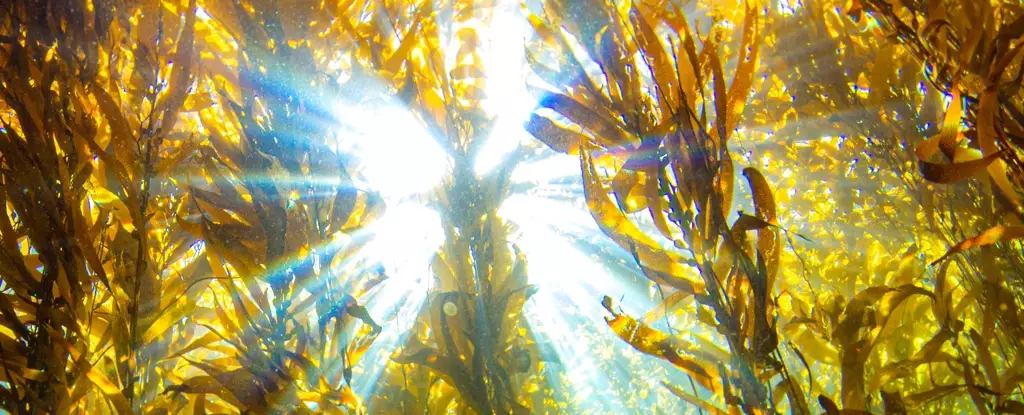Recent studies have suggested that consuming seaweed, particularly Ecklonia cava, may have the potential to slow down or even prevent Parkinson’s disease. Parkinson’s is a neurodegenerative condition that impacts the nervous system, leading to symptoms such as tremors, stiffness, and difficulties with movement. This disease occurs when dopamine-producing neurons in the brain begin to deteriorate. While Parkinson’s itself is not a fatal condition, it can result in severe complications that may lead to death.
Antioxidants present in Ecklonia cava are believed to play a crucial role in protecting neurons from free radicals, thereby preventing the onset of Parkinson’s disease. Free radicals are harmful molecules produced in response to environmental stressors and normal cellular processes. Antioxidants act as protectors, shielding cells from damage caused by these free radicals. While our bodies naturally produce antioxidants, certain foods rich in antioxidants, like Ecklonia cava, can provide additional support in combating free radical damage.
A study conducted in 2024 in Japan explored the effects of Ecklonia cava antioxidants on Parkinson’s disease in mice. The researchers induced Parkinson’s-like symptoms in the mice using the pesticide rotenone, which targets dopamine-producing neurons. Mice that were fed antioxidants from Ecklonia cava exhibited better protection of dopamine-producing neurons and fewer symptoms of Parkinson’s compared to those on a regular diet. Additionally, antioxidants reduced the production of free radicals induced by rotenone in cell cultures, preventing cell death.
While research on animal models and cell cultures provides valuable insights, the findings may not always translate directly to human outcomes. Animal and cell models of Parkinson’s disease do not perfectly mimic the complexity of the disease in humans. Animals have different brain structures and cellular functions, and cell cultures often lack the intricate interactions between various cell types. Moreover, Parkinson’s is a progressive disease that develops over years, while animal models typically have much shorter lifespans.
Although initial studies on antioxidants like vitamin C have shown promise in animal and cell models, the efficacy of these interventions in humans may vary. Robust clinical trials involving large-scale human populations are necessary to confirm the effectiveness of Ecklonia cava in preventing or delaying Parkinson’s disease. Despite the availability of Ecklonia cava in food supplements, it is essential to approach its consumption with caution until further evidence from human trials is available.
While the potential benefits of Ecklonia cava in Parkinson’s prevention are intriguing, more research is needed to establish its efficacy in humans. As with many natural remedies, it is crucial to balance optimism with scientific evidence. Regular exercise and a balanced diet remain key pillars in maintaining overall health and potentially reducing the risk of developing conditions like Parkinson’s disease. As we await further research developments, exploring the role of seaweed and antioxidants in neuroprotection opens up new avenues for preventive strategies against debilitating neurological disorders.


Leave a Reply